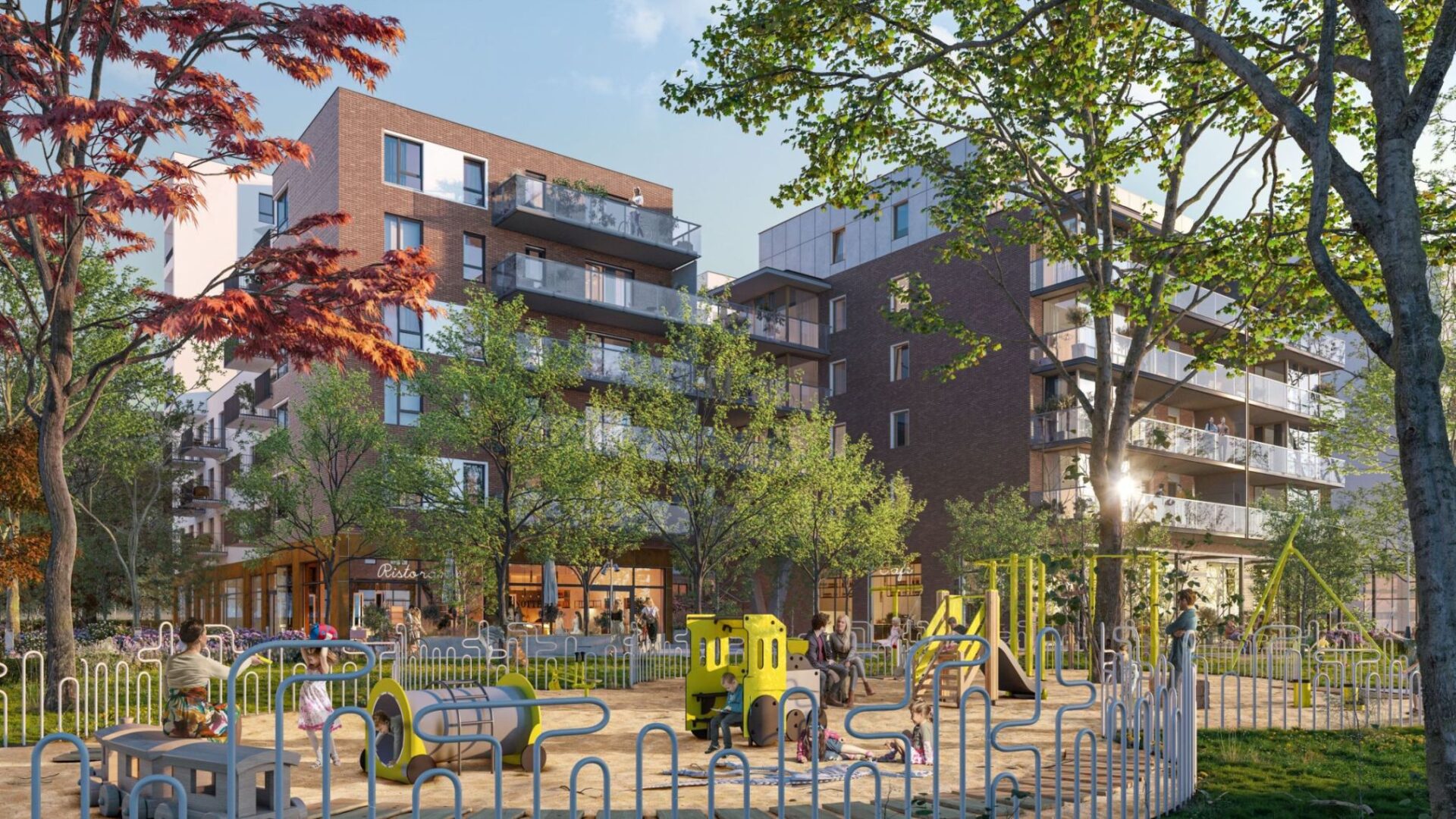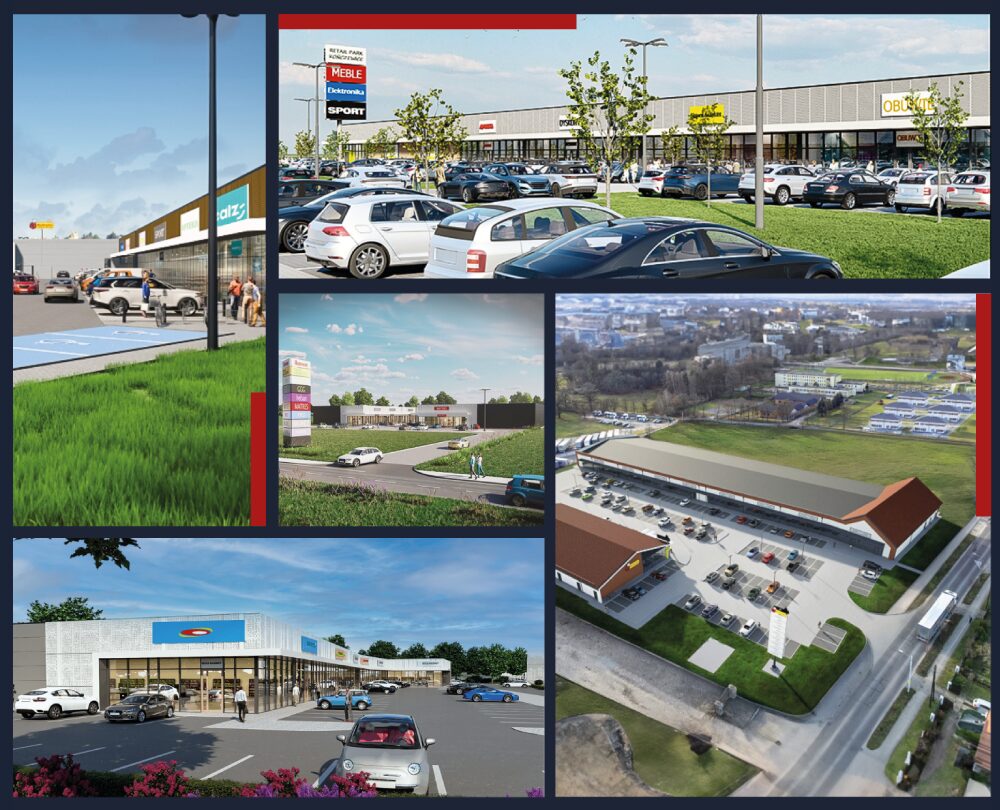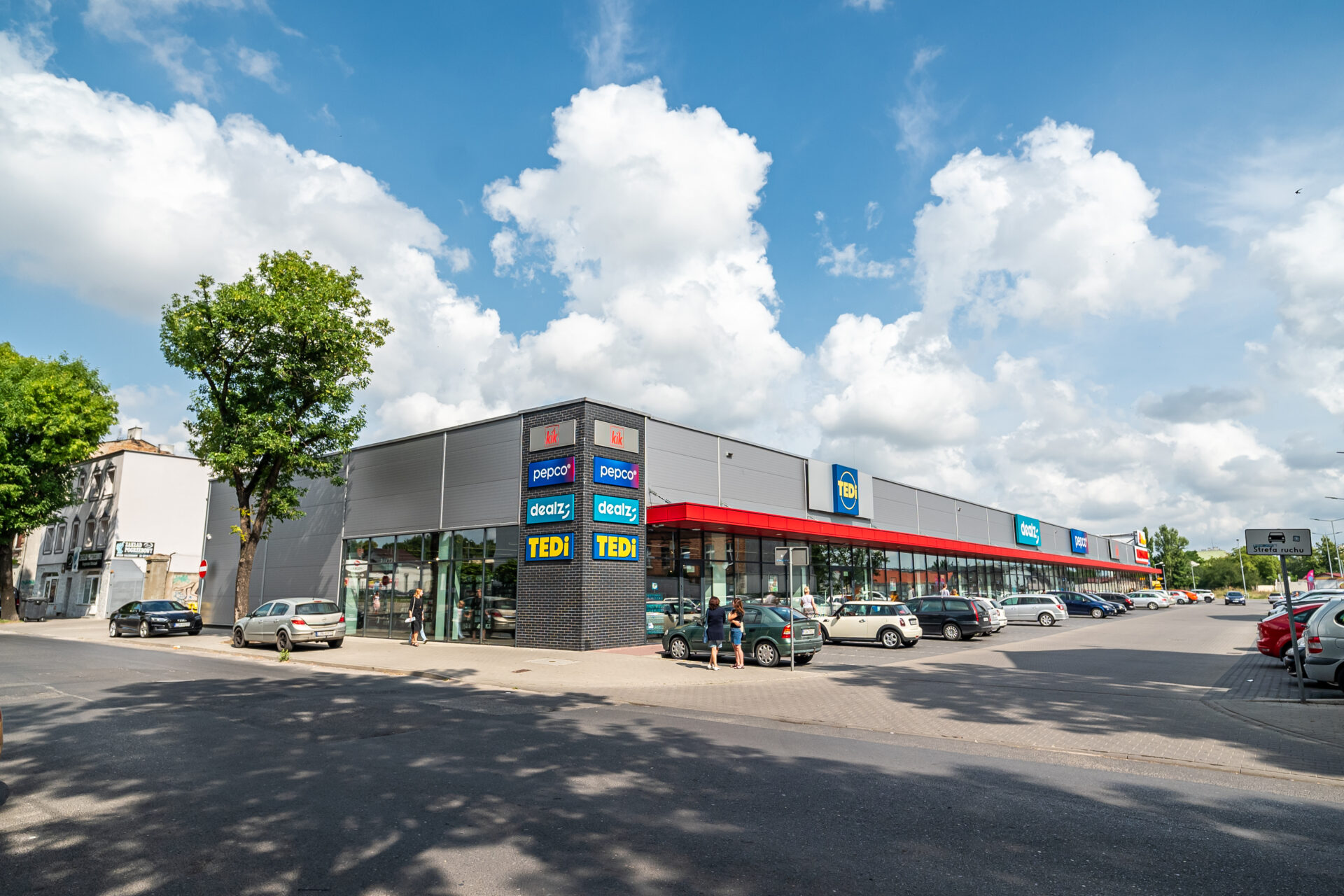According to the organisers, with 50 percent of exhibition space dedicated to leisure operators, MAPIC is set to become the leading international event where two different worlds retail real estate and leisure meet to create vibrant new places to live, shop and play.
New delegates from the leisure industry included Puy Du Fou, Gravity Active Entertainment, Experience UK, Zero Latency, Dutch Wheels, KCC, TheLeisureWay, Walltopia, VEX, Jora Vision, Wavesurfer, Proslide, Alsea, Fun spot, Crystal Group, Pro Urba, Aerophile, Mack Rides, Oma Cinema, Hofy, Xtrem Aventures, Blachere, Project Syntropy, Alsea, and GameChangers.
This year MAPIC brought together on the same dates LeisurUp, the international event dedicated to leisure professionals, and The Happetite, the international get-together dedicated to the food & beverage sector.
Nathalie Depetro, Director of MAPIC, commented: “This week marked the return of the international real estate industry to Cannes. MAPIC has revived the spirit of industry-wide in-person events as it continues to position itself as the premier retail business platform, with one in four participants a buyer.”
MAPIC’s innovation is reflected by its thematic networking formats, such as the Outlet Summit, the Master Franchise Summit, the Investors Breakfast and the Leisure Workshop. These meetings are essential for businesses that wish to develop in the sector and prove to be overwhelmingly successful each year.
Alongside property players such as ECE (Germany), Svicom (Italy), Sonae Sierra (Portugal), McArthurGlen (UK), IGD SIIQ (Italy), TORG (USA), Unibail Rodamco Westfield (France), Fashion House Group (Poland), Metropolis Shopping Center (Russia), MAPIC brought together on the Croisette more than 1,000 retailers including Etam, Mango, Uniqlo, Fauchon, Five Guys, Showfields, Dolce & Gabbana, Wavesurfer, Ikea, Rituals, Goiko, The Avocado Show, Wingstop, Eataly, Grom, Joe & the Juice, Big Mamma, Gloria Jens’s Coffees, Time Out Market, Mercato Metropolitano.
With retail destinations constantly evolving to include more F&B, wellness, leisure, co-working and even residential spaces, MAPIC’s conference programme focused on the evolution of the commercial mix with the theme for the week labelled “People and Places: a new chapter”.
Retail, F&B, and leisure have been at the forefront of the pandemic, forcing businesses to adapt and reinvent themselves to ensure recovery.
The new retail mix encompasses a broad range of sectors, but at MAPIC there was an emphasis on the rise of leisure, which is simply defined as ‘the use of free time for enjoyment’. In an increasingly digital world, creating places where people can have non-virtual experiences has become a real challenge for policymakers and property developers, whether in shopping centres, in cities or even within physical stores.
Francesco Pupillo, Director of LeisurUp & The Happetite, commented, “The sector must rethink the classic business model that governs the relationship between brands and retail spaces so that it can consider the constraints of leisure and F&B. Leisure and F&B activities often require more space but are essential to attract new consumers.”
The presence of the leisure sector at MAPIC was critically important considering that its primary objective is to create a relationship with the consumer, rather than just sell products.
According to Ian Sandford, President of Eurofund Group: “If a visitor is only coming for a specific retailer, then the reasons for them to come could be challenged by the appeal of online retail. However, if consumers are coming for the overall experience, and because they want to spend time with their friends and family, then you have something which the internet can’t challenge. So to me, that’s the Holy Grail for shopping centres right now.”
According to Andrea Rasca, CEO and founder, Mercato Metropolitano “food offers need to be about far more than simply bringing a few restaurants together and must be about nutrition, experience and community.”
Cities are also involved in the development of commercial real estate; they must constantly evolve to make their high streets more attractive to the consumer.
Digital tools are the key to establishing a link between brands and their customers before, during and after the transaction – it’s critical for the industry to utilise these tools to its advantage.
In his opening speech, Philippe Houzé, Executive Chairman of Galeries Lafayette Group, explained that “online is how to save time and offline is how to spend time. Clearly, the digital is beneficial for convenience, fluidity, and speed. Brick and mortar offer pleasure, emotion, surprise, and human contact. The winning equation for the customer will be one that combines the best of both worlds for an omnichannel experience.”
Commercial real estate must also be sustainable, whether in terms of its buildings, products, or consumption.
Ludovic Flandin, Head of RSE at Louis Delhaize Group, explained that “Priorities have changed in terms of the impact on the plant and people. So you have to define a new strategy and not everything is about what is done centrally. You have to give the local level enough space for action.”
This summer, Sonae Sierra explained that the sustainable management of its projects had saved the company 15 million euros in operating costs. And for Etienne Dupuy, CEO of Nhood, specialists in regeneration, the key to a successful and sustainable project is to engage with people. He explained that the company uses surveys, working groups and roundtables to come up with a vision for the site before launching any project: “A project is only successful if it is linked to its neighbourhood”.
MAPIC 2022 will take place from November 29 until December 1st, 2022 at Palais des Festivals in Cannes.







